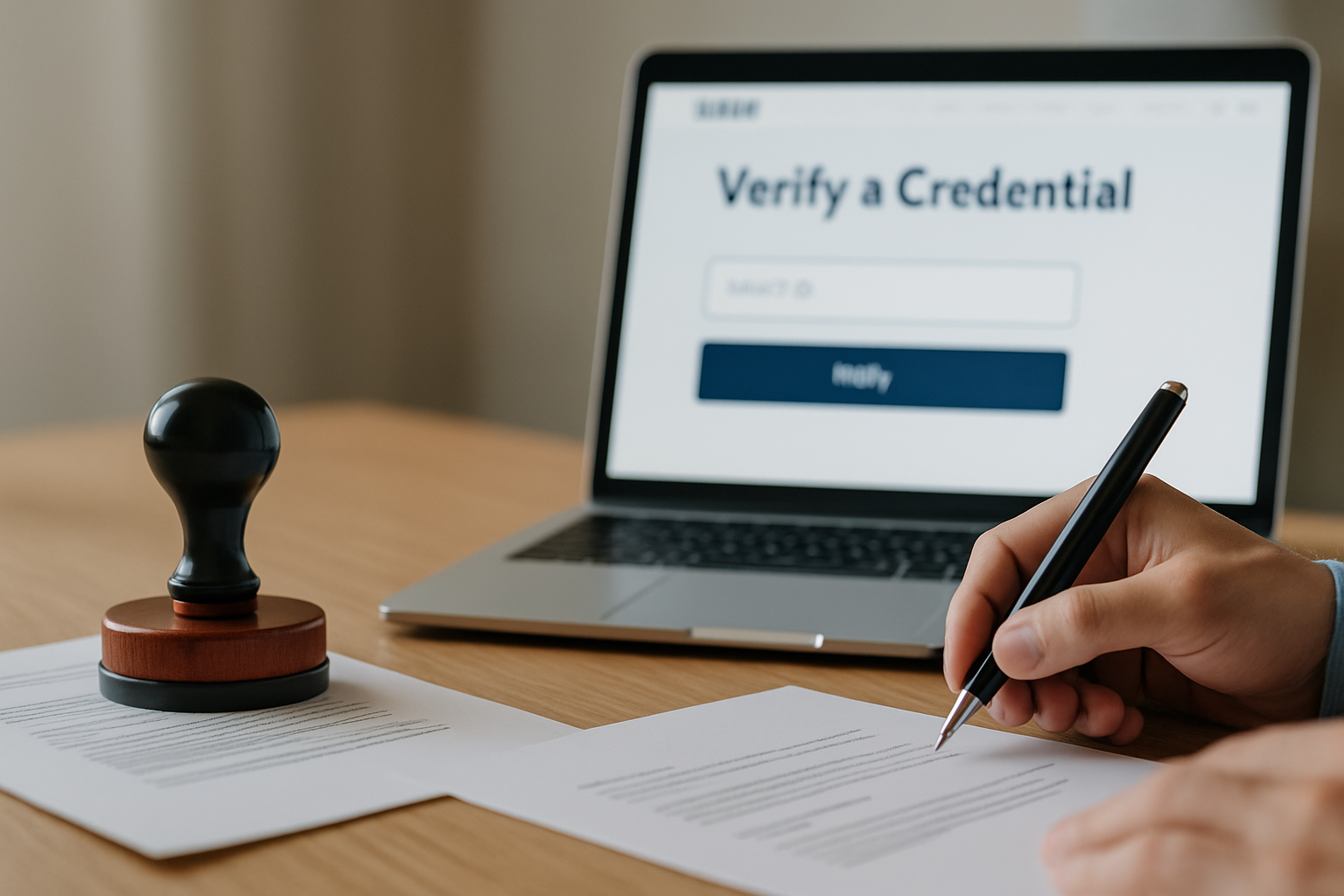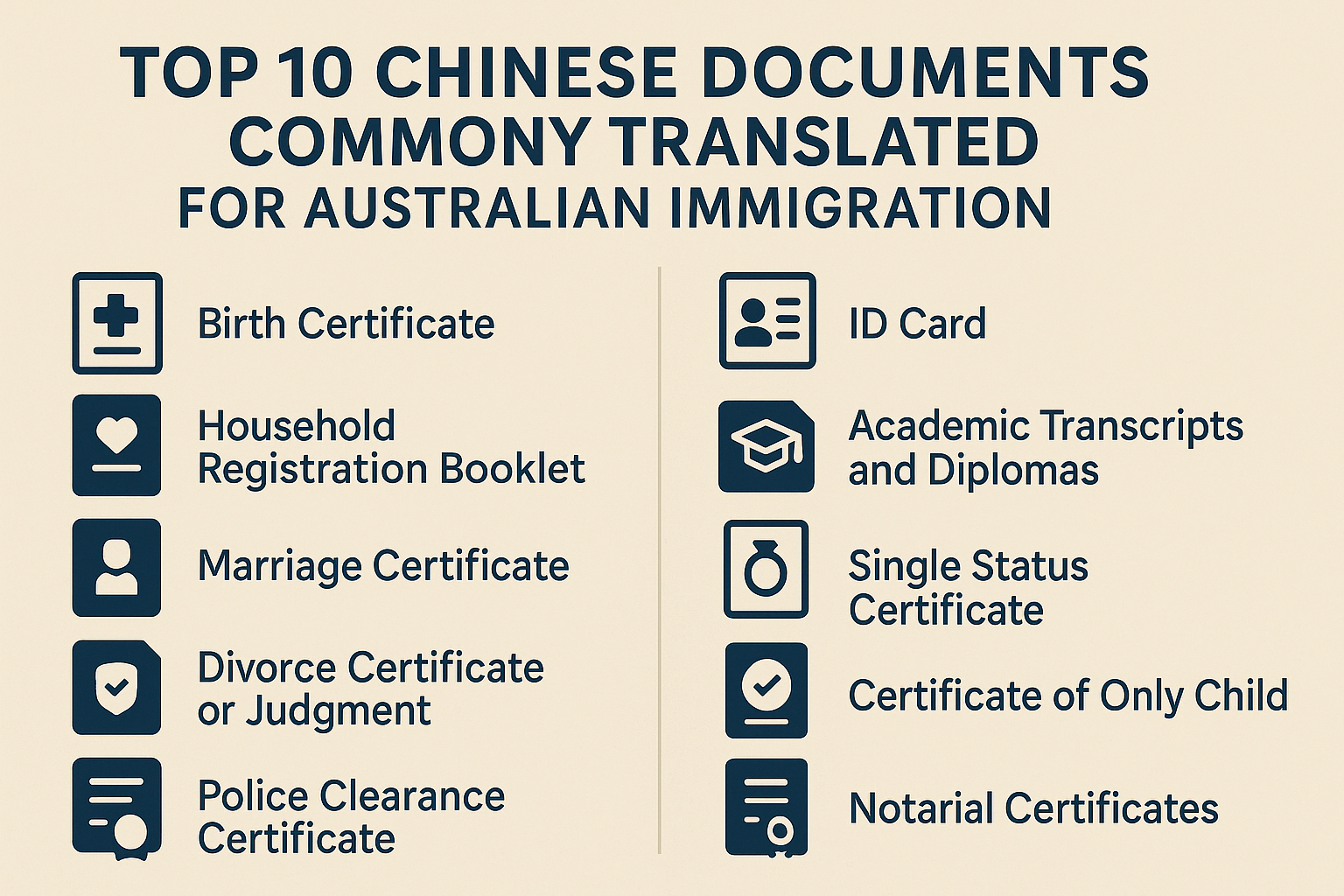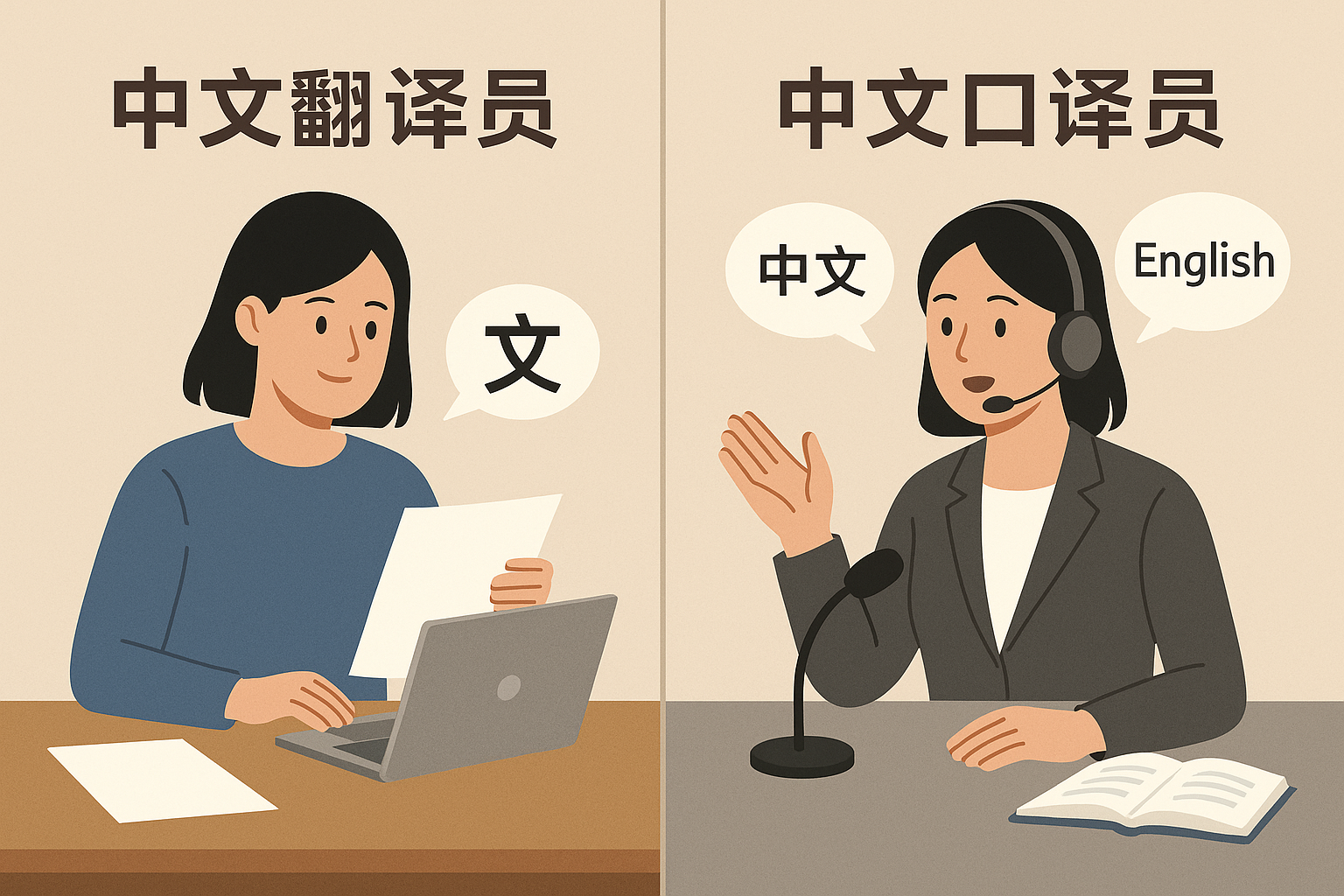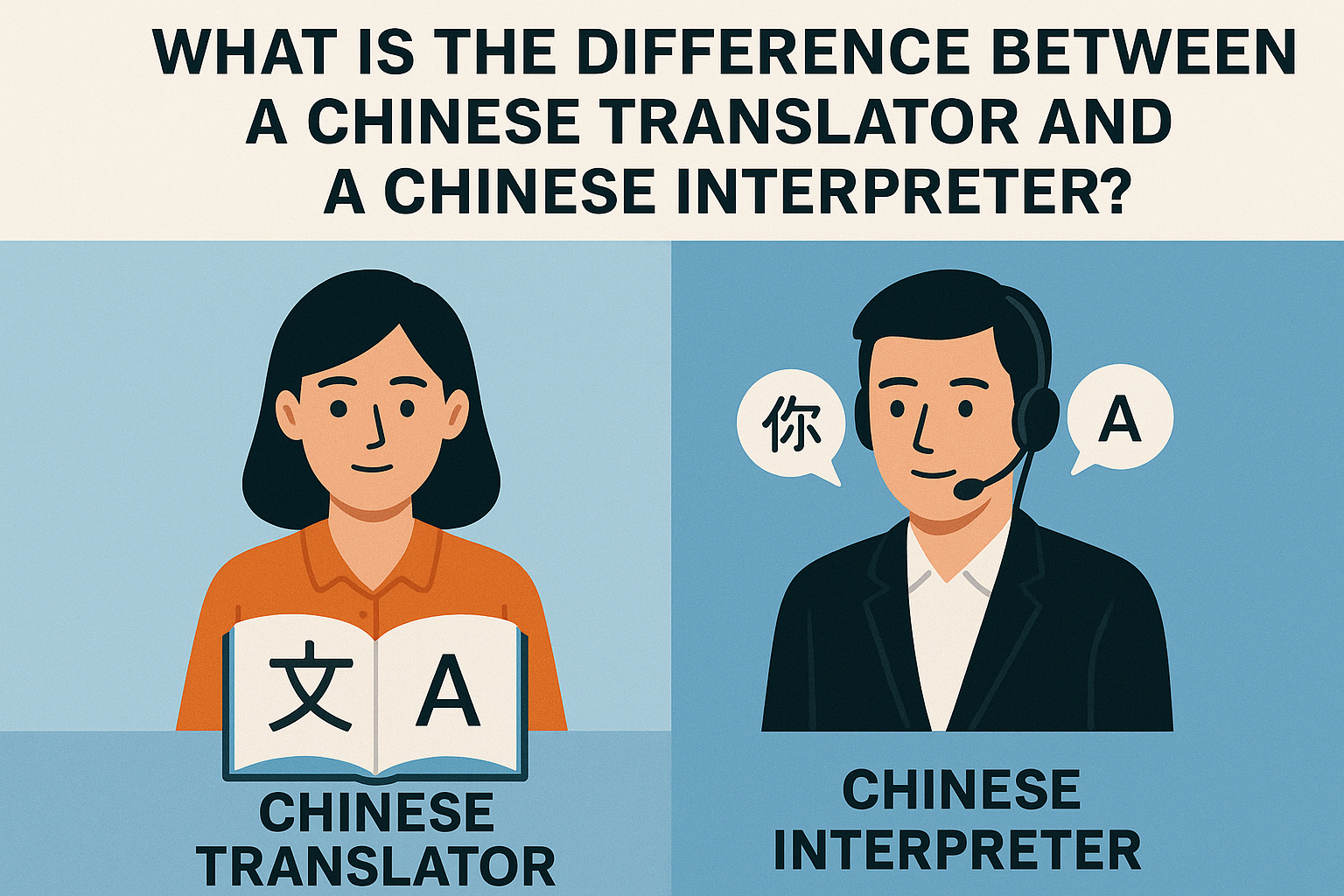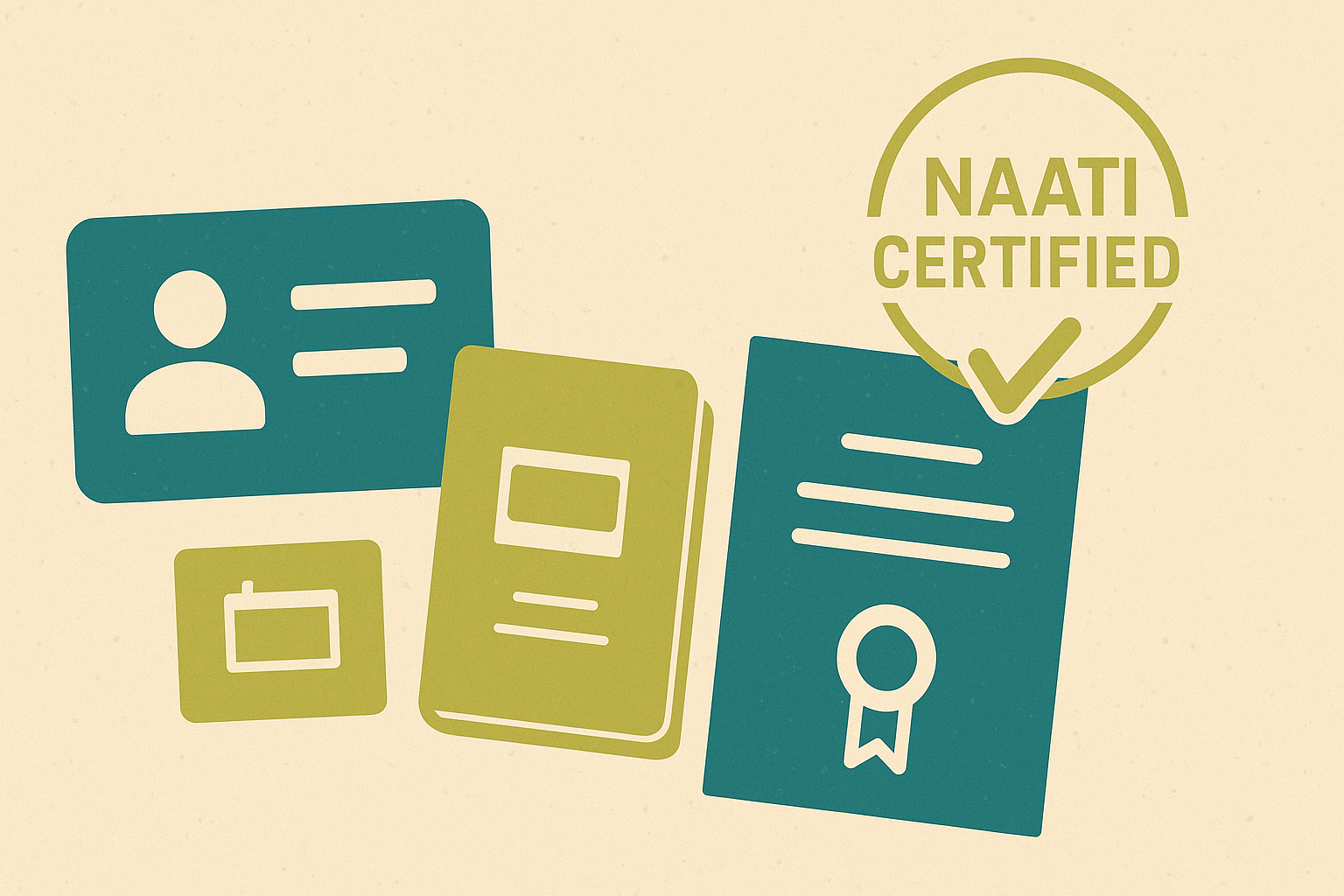NAATI · 03 June 2025
NAATI-certified translations do not expire. What matters is that the translator was certified at the time of completion. Physical stamps may show the translator’s certification expiry date, but newer digital stamps only display the generation date. To check certification status, use the NAATI website or scan the QR code on digital translations. Always check with the requesting institution if in doubt.
Translation · 29 May 2025
Need Chinese documents translated for your Australian visa? Here are the 10 most commonly requested: birth certificate, hukou, marriage/divorce certificates, police clearance, ID card, academic transcripts, single status, only-child certificate, and notarial documents. Lingofish provides fast, NAATI-certified translations.
Translation · 22 May 2025
翻译员处理书面中文文件,口译员则在现场进行口头语言传译。二者所用技能、工具及工作场景各异。前者注重准确表达与书面语风格,后者注重实时反应与口语沟通能力。了解区别,才能选择最合适的语言服务。
Translation · 22 May 2025
Chinese translators work with written texts, ensuring accurate translations of documents. Interpreters handle spoken language in real time, such as during meetings or court sessions. Both require high fluency, but the skills, tools, and settings they work in are very different.
Interpreting · 14 May 2025
在澳洲出庭或看医生时,如需中文翻译,请务必预约NAATI认证口译员。提前准备身份证、相关文件,说话简洁清楚,避免与翻译私聊。有疑问要主动询问。专业人士应提前预约、直接对客户讲话,并适当停顿。切勿使用未受训亲友翻译,以免造成误解或法律问题。专业翻译能保障你的权益与信息安全。
Interpreting · 14 May 2025
Attending court or a medical appointment with a Chinese interpreter? Work with a NAATI-certified professional. Bring key documents, speak in short sentences, and be clear. Professionals should speak directly to the client, avoid jargon, and allow pauses for interpretation. Don’t rely on untrained bilingual staff—accurate interpretation protects your rights and safety.
Translation · 09 May 2025
许多在澳大利亚生活或移民的华人需要将中文文件翻译成英文,并由 NAATI 认证翻译员完成。常见的翻译文件包括身份证、户口本、学位证书、成绩单、银行流水、离婚证等。这些文件通常用于签证申请、留学入学、法律诉讼或贷款审核。澳洲政府机构、法院和高校等通常只接受 NAATI 认证的翻译件。Lingofish Translation Services 提供专业、快速、保密的中英翻译服务,广泛适用于移民、教育、法律等各类用途。
Translation · 08 May 2025
Many Chinese documents need NAATI-certified translation in Australia for visas, education, legal, and financial use. Common ones include ID cards, hukou, degrees, transcripts, bank statements, and legal papers. These are often required by Home Affairs, courts, universities, and banks. Lingofish provides fast, accurate, and confidential NAATI-certified Chinese-English translations.
NAATI · 02 May 2025
在澳大利亚,如果你需要提交中文文件用于移民、留学或法律用途,通常需要NAATI 认证翻译。
NAATI(澳大利亚国家笔译口译认证机构)是官方认可的翻译资格认证机构。移民局、法院、大学等都要求文件翻译由 NAATI 认证译员完成。
认证翻译包含翻译员信息和认证声明。现在大多数翻译使用电子印章,更安全、通用。是否附上原件扫描可按需提供。
常见翻译文件包括身份证、出生证明、学历、结婚证等。我是NAATI 认证中英翻译员,提供高质量、快速、全程在线的专业翻译服务。
NAATI · 25 April 2025
NAATI is Australia’s official body for certifying translators. Many institutions—like the Department of Home Affairs, courts, and universities—require translations to be done by NAATI-certified professionals.
Common documents include ID cards, birth certificates, diplomas, and marriage certificates. As a NAATI-certified English–Chinese translator, I offer fast, accurate, and professional service—all online.

